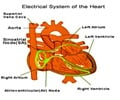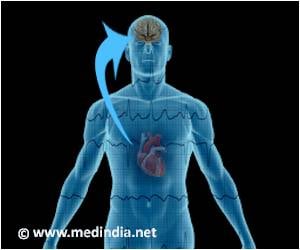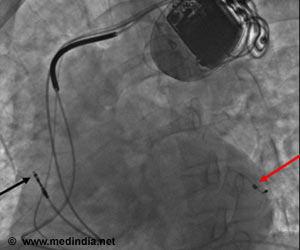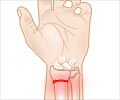The reason for athletes having abnormal heart rhythms has been highlighted by a new study by The University of Manchester.
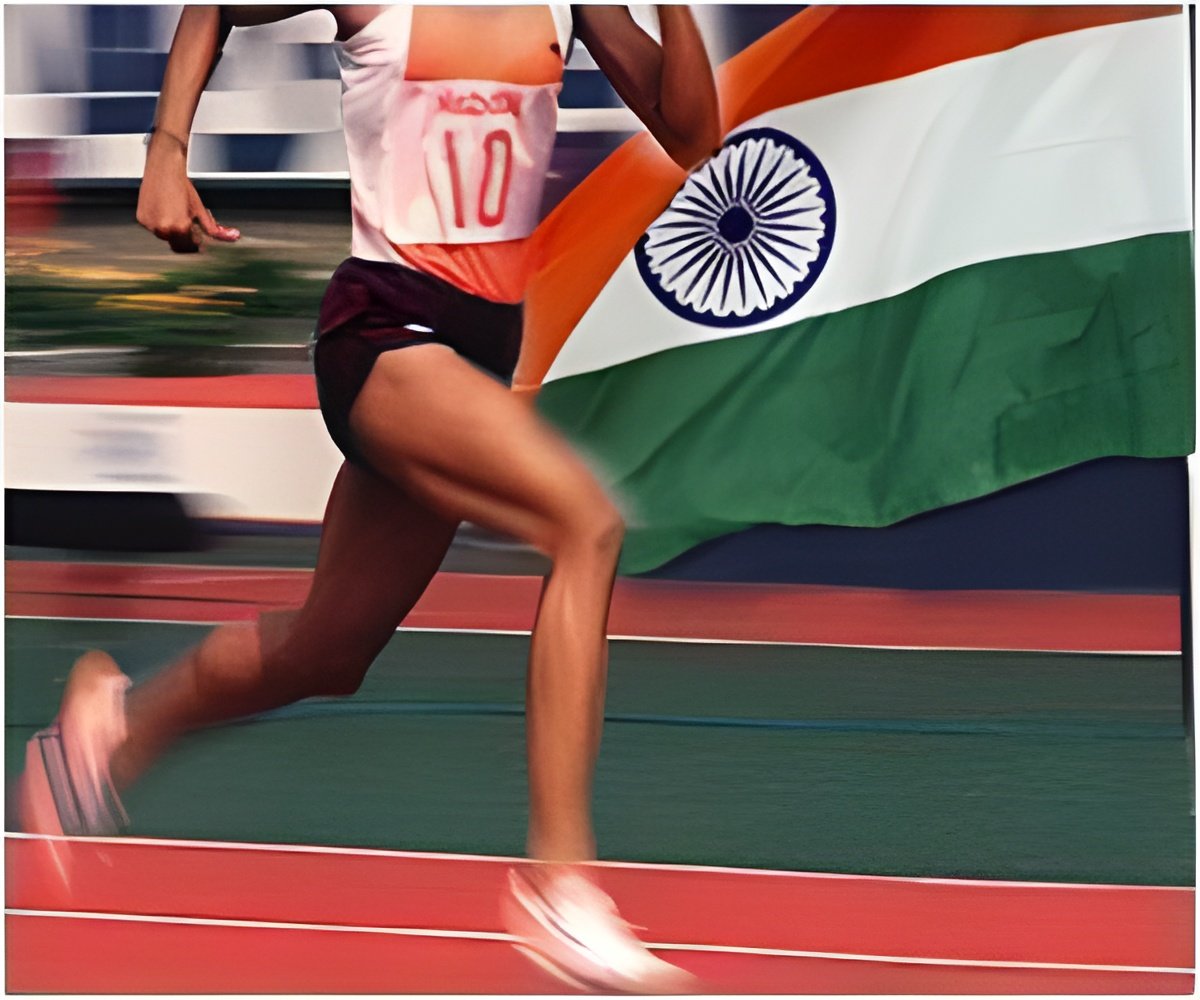
The Manchester research in rodents, funded by the British Heart Foundation, shows molecular changes in the heart's pacemaker occur in response to exercise training.
The finding, reported in Nature Communications, overturns the commonly held belief that an increased activity of the autonomic nervous system causes this specific reaction to endurance training.
While normal adults have resting heart rates between 60-100 beats per minute, hearts of endurance athletes can beat only 30 times per minute or even lower at night time when there can be long pauses between heart beats.
Cyclists Sir Chris Hoy and Miguel Indurain reportedly had resting heart rates of 30 and 28 beats per minute.
Dr Alicia D'Souza, from The University of Manchester and first author on the paper, said: "The heart rate is set by the heart's pacemaker, but this is controlled by the nervous system. The 'vagal' nerves lower the heart rate and therefore it was assumed the low heart rate of athletes is the result of over activity of the vagal nerves."
Advertisement
The researchers say these molecular changes in the sinus node - the cardiac structure responsible for generating heart rhythm - may help us to understand the more frequent occurrence of heart rhythm disturbances or even loss of consciousness in athletes.
More than 500 marathons take place in Europe and America each year with around one million participants. The number of people taking part is set to increase by 5% each year.
But Professor Boyett said: "Although endurance exercise training can have harmful effects on the heart, it is more than outweighed by the beneficial effects."
Professor Jeremy Pearson, Associate Medical Director at the British Heart Foundation, said: "This study shows the heart's electrical wiring changes in mice that exercise for long periods, and these changes in heart rhythm are sustained afterwards."
"If the findings are reproduced in humans they could have implications for heart health in older athletes. But much more research is needed before we could draw that conclusion."
Source-Eurekalert

